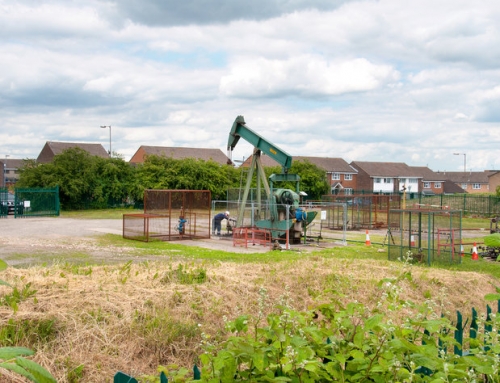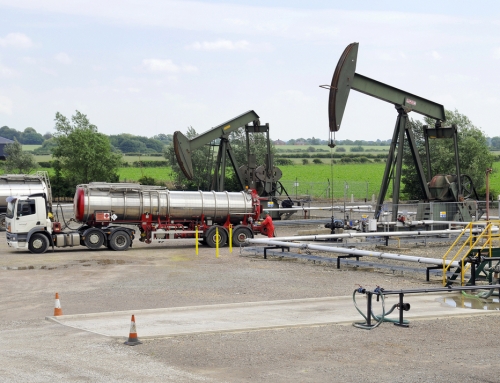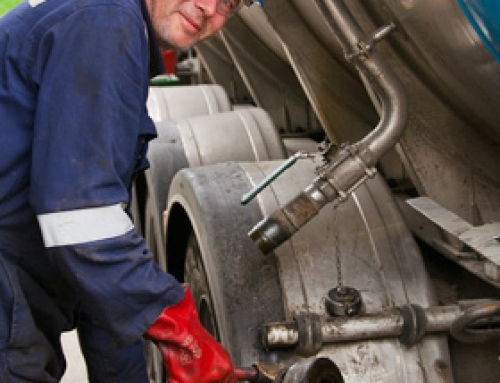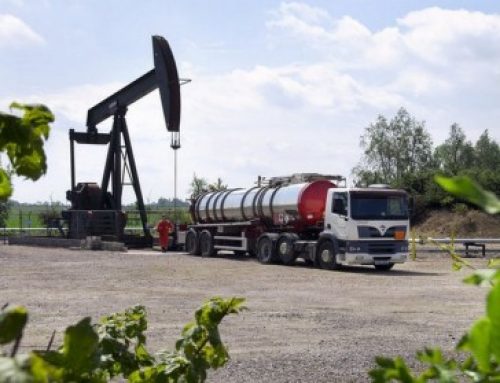IGas Energy and Fracking: In big picture terms, the financial future of IGas is caught up with the prospects for fracking in the UK. But only to a certain extent. There is a coherent Oil and Gas story here alongside a fracking story. So we are going to try to cover the situation as two-linked but separate articles. This first article is essentially about IGas as a small UK oil and gas company, fracking comes next.
IGas Energy is a conventional hydrocarbons producer with potentially great value upside through its large unconventional shale holdings throughout the country, which have yet to be exploited. According to the interim results report for the six months ending June 30 2017, released on September 20, 2017 IGas is a company resetting itself following the restructuring of the balance sheet in April 2017.
At the same time the group’s production guidance for the full year 2017 has been lowered to 2,250 barrels of oil equivalent a day (boepd) from 2,400 boepd. This has led the house broker, Investec, to lower its target price from 100 pence to 85p.The share price for the £92.63million market cap group last Friday was 75.38p way down from a 52-week high of 247p but still comfortably above a 12-month low of 49p.
It has not been all bad news for IGas. The capital restructuring involved experienced industry investor Kerogen Capital becoming a 28 per cent shareholder through its US$35m (£29m) equity investment. Some US$22m (£18m) was also raised in a placing and open offer. What this means is that net debt has been reduced from US$122m (£100m) as at December 31, 2016 to around US$9m (£7m) on June 30 2017.
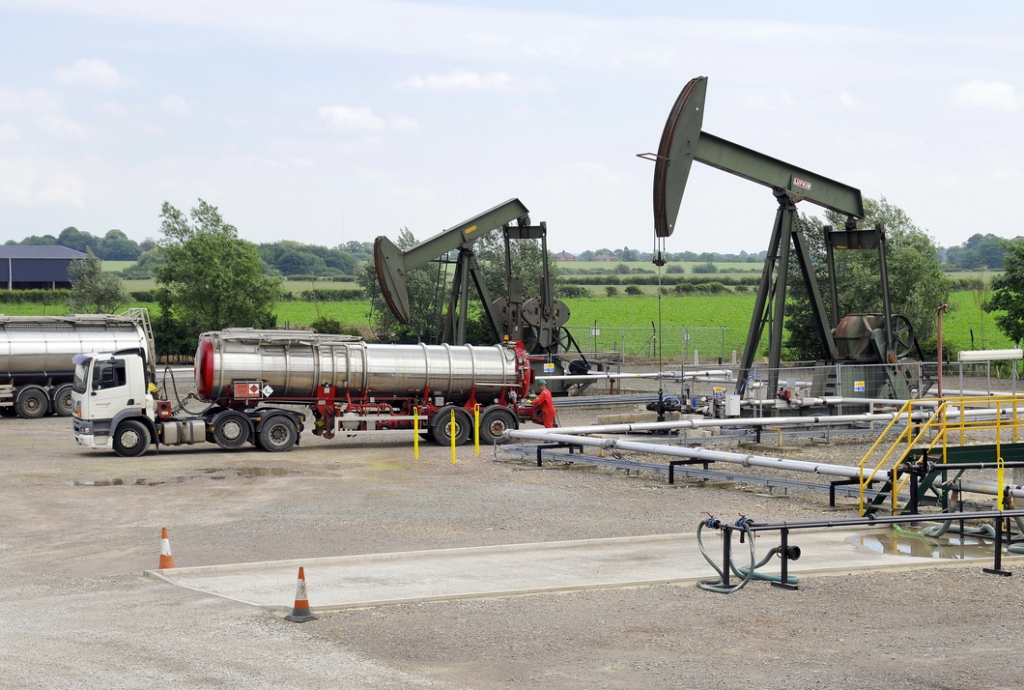
IGas remains a conventional oil and gas producer
Also the company had £16m cash in the bank on June 30 2017 and this is enough to keep the company’s conventional oil gas operations going (there is a carried £183m for the shale operations if and when they ever get going and I shall refer to that in the second article on IGas.)
Suffice it to say that everything has been very tight in the conventional field because of the collapse in the oil price. IGas cut its lifting costs seriously and has managed to survive. Before impairments and exceptional costs earnings before interest, tax, depreciation and amortisation (EBITDA) for 2016 were £9.8m.
According to Investec the reduction in the production forecast to 2,250 boepd late in 2017 reflects increased maintenance as operations reset following recapitalisation. For example, operations expenses (opex) increased to US$30 /boe. Investec has estimated these costs adjustments will mean EBITDA for 2017 will be down to £5.1m.
The good news is that IGAS has estimated that the exit production figure for 2017 is likely to be 2,500boepd and the company will be able to sustain this level in the medium term. IGas has said, as well, that medium term opex is likely be US$25/boe. In the light of this Investec has estimated EBITDA for 2018 will be back up again to £8.5m.

